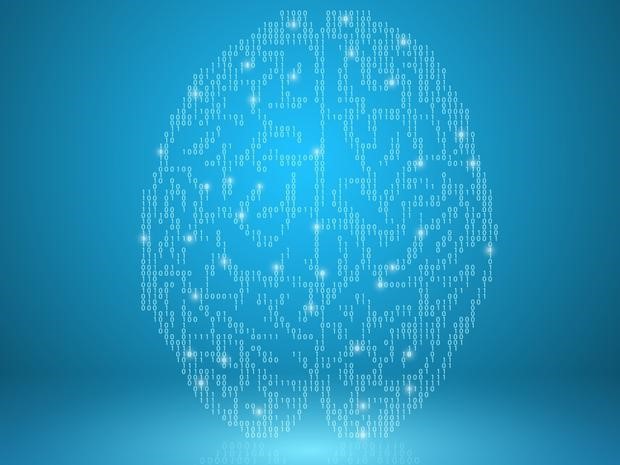IBM Research plans to create a robust method for early diagnosis of dementia using smartphones

Unfortunately, the cure of a disease such as dementia (dementia) does not respond. However, early diagnosis and appropriate care can significantly improve the quality of life for both the patient and his relatives. Since 2012, experts at IBM Research have been developing methods for determining the likelihood of a person getting such a disease, as well as early diagnosis of dementia.
Nowadays, as a reliable tool for research and diagnostics, you can use a mobile device - a tablet or smartphone. And scientists from IBM are now working with such devices as part of the DemCare project. The head of the project is Aaron Sutt.
“With age, any person loses some of their cognitive abilities, but in the case of dementia this process goes too fast, and we would like to diagnose the disease at the earliest stages,” says Satt.
')
Dementia is not uncommon, and the number of cases of the disease is gradually increasing. By 2050, doctors expect an increase in the number of patients with this diagnosis threefold. Therefore, the definition of dementia in the early stages is a must. At the same time, it is not practical to send every elderly person over 60 years of age to a doctor or for a tomography.
The main question is how to carry out the diagnostic procedure quickly and without problems. Since by the time the family can beg the person to go to the hospital, dementia can already progress.
What to do?
The IBM Research team is engaged in developing an application that works on any smartphone or tablet. This application asks a series of questions, showing pictures, plus records the voice of a person. In addition, the application asks the person to repeat what he has just heard, or count something, describe the picture, name all the animals that the person remembers in half a minute. There are other tasks.
While the questions look random, they form a coherent whole, this is a system of neurophysiological tests that normally require half an hour of work from a qualified doctor with a patient. The technique developed at IBM reduces the time required for the diagnostic procedure to 5 minutes, plus the entire process is automated.
All records and other information are transmitted to IBM Watson, the system that runs a specific algorithm for the loaded data. The algorithm is based on information collected from thousands of case histories, audio recordings, tests of people suffering from dementia. In this case, the information used by Watson is divided into three groups. The first relates to older people who complain of poor memory, but do not suffer from dementia or other similar diseases. The second group - people with dementia at the earliest stages. And the third group - people with severe dementia in the initial stage of the disease (Alzheimer's disease is also taken into account in the early stages).
How it works?
IBM Watson estimates not the recordings themselves, but the tone of the voice on the audio, the pauses between words, hesitancy, the duration of speech. In this case, doctors usually evaluate the content of the patient’s speech, and not the tonality or other parameters that may be invisible to the observer, but for the computer there are already obvious signs of the disease. The accuracy of the algorithm is now 85%.
Naturally, IBM Watson can not diagnose, but as an auxiliary tool for doctors, the application and service are very effective. Now the developers are trying to determine the optimal feedback - the amount of data that gives the application about the disease (or lack thereof). If the information provided by the service is not too detailed, the patient is advised to go to the doctor for a more detailed examination.
The technology is undergoing clinical trials so far only in Europe, but the testing phase in the USA will soon begin. Nevertheless, according to the developers, it is still a long way from getting technology to market.
Source: https://habr.com/ru/post/267327/
All Articles